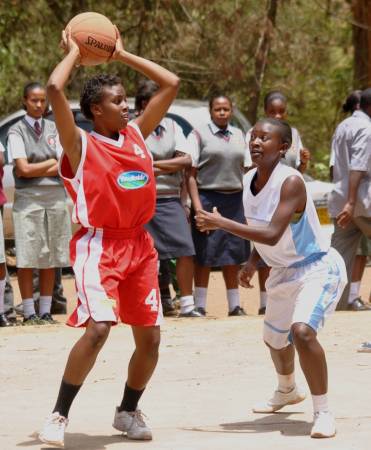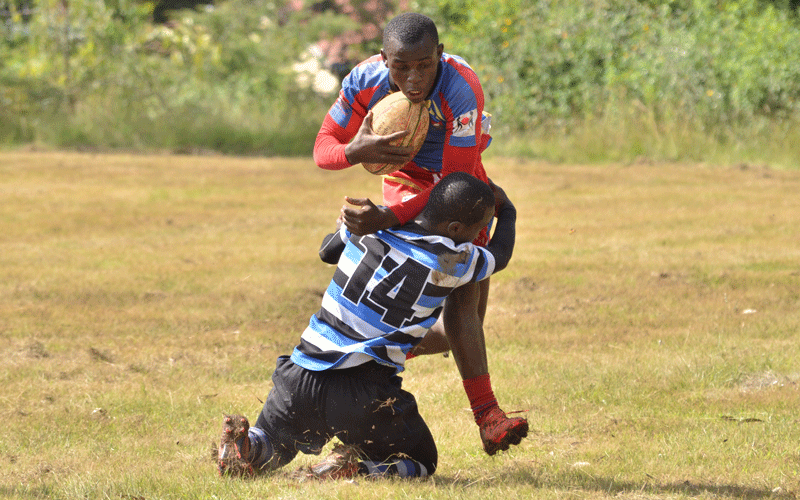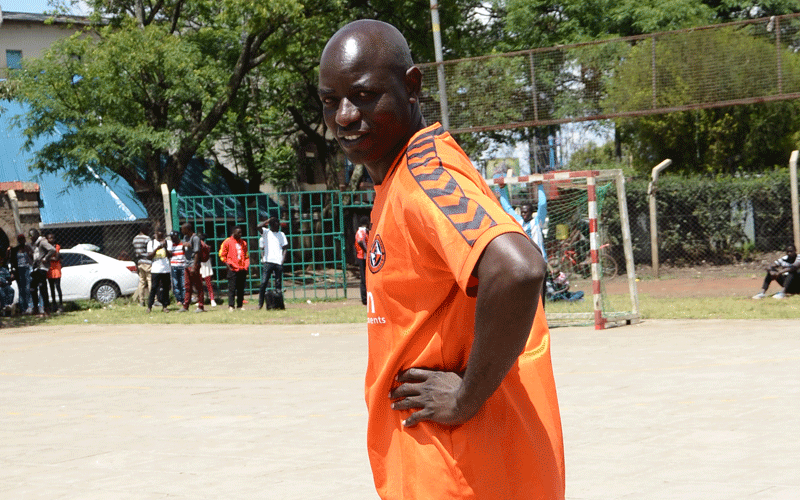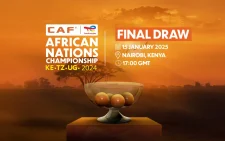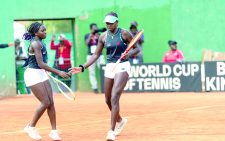Vagaries of pitting ‘boys against men’ in national leagues
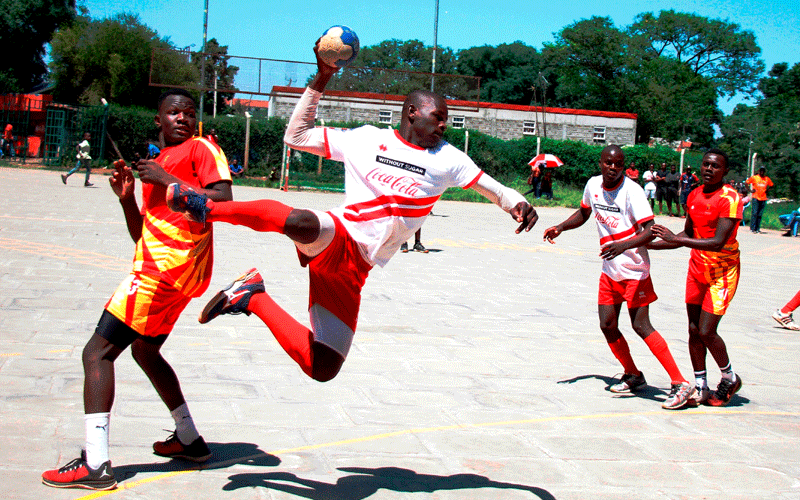
Recently, there has been a surge in the number of school teams featuring in national or county leagues in various sports disciplines, thus creating a situation where young boys and girls are competing against adults, some twice their age or older.
The trend has been welcomed and frowned upon in equal measure. While some argue it has more advantages than disadvantages, experts say there are risks to skipping the developmental pathways of an athlete and could lead to among other things, early retirement.
For most of the school heads and coaches, exposing the youngsters to higher levels of the game helps them gain more experience and hence do better when playing against their peers in the Kenya Secondary School Sports Association (KSSSA) competitions.
In the Kenya Handball Federation (KHF) men’s league currently composed of 25 teams, three are drawn from high schools.
They include Mbooni Boys who go by the name Makueni Bees in the league, Inspired Boys from Hospital Hill and Warriors of Kangema School.
The women’s league has, Rising Starlets, who are students of Dagoretti Mixed.
Elsewhere, the Nairobi Basketball Association (NBA) houses five school teams in both conferences of the men’s league with the women’s league not left behind as some school girls also feature in the division.
Perhaps the most popular of such stories is Kakamega School, whose football side, Green Commandos, play in Division One of the Football Kenya Federation (FKF) league.
The side worked through the ranks to play in the second tier National Super League (NSL) before being relegated last year. However, in their case, the school management roped in some non-students when the team joined the FKF leagues.
While in most cases such schools do not do well in the said leagues as they are up against more experienced and mature players, there are some exceptions.
Upper Hill, for instance, won the NBA league in their second year, after going without a single win in their debut season, to gain promotion to the Kenya Basketball Federation (KBF) Division Two League.
“We decided to admit the schools in the league so it would be easy to keep tabs on that age group and have a pool to choose from when called upon to participate in competitions that require players below 20.
Additionally, the experience they gain at this level helps during competitions within Africa as experience has taught us that teams are not sincere in their fielding at the age-group competitions,” said KHF competitions secretary Charles Omondi.
On his part, Strathmore women’s basketball team tactician—who doubles up as the women’s national team coach—Ronnie Owino says, from experience, the practice has more advantages than disadvantages when executed carefully. At the time Upper Hill joined the NBA, he was helping coach the boys.
“While it is possible to have negative mental effects on the players when they lose matches, having a coach who understands and constantly talks to such players helps in keeping them focused, not on winning, but on gaining skills.
I am yet to find a student who was affected to the point of quitting the sport. That, however, is not to rubbish the possible effects,” said Owino, who was exposed to basketball against older players at a young age.
He added, “Playing against better teams helps these youngsters gain skills and raises their self confidence. It is important, however, to make the exposure gradual.”
Additionally, Owino says that experience in the East Africa school games has taught the said coaches and school heads that they are likely to face much older opponents at that level from countries whose education system is different (where they have form five and six) or those who just disregard the age rules.
The experience for the players on both ends is different as Makueni Bees captain Meshack Kasaine and National Cereals and Produce Board (NCPB) and long-serving national team player Thodosia Sangoro tell us.
“While it is easy to accept defeat from the top teams, losing a match against a team that we consider beatable does not sit well with us.
It takes time to accept that but the coaches always try to keep us focused on learning and not dwelling on losses,” said Kasaine a student at Mbooni Boys.
For Sangoro, the mismatch helps the youngsters more. He said: “Since they are just getting started, their level of the game cannot match the top teams in the league but some of their players are very good.
Handball is a very physical game and they are not at that level yet. That forces us to slow down our game and allow them make some moves so we do not crush their spirits.”
Strength and Conditioning expert Geoffrey Kimani, however, differs with the trend.
“Every sport has its long-term player development pathways that have to be followed before an athletes gets to the top level and hit their peak.
If such pathways are ignored, we risk losing these players, to injuries and early retirement, at an early age when they should be at their peak,” Kimani, who has worked to a large extend with rugby and athletics federations and is currently engaged as a consultant by the National Olympics Committee of Kenya (NOC-K) says.
According to Kimani, these pathways are like a template and when one is skipped, the growth of an athlete is tampered with.
Additionally, the fundamentals of any sport have to be taught progressively and allow the body to adapt.
“There are risks of mental and emotional turmoil in the event of losses. Such trends are also a clear mismatch in terms of conditioning for the players.
As teenagers, the emphasies should be on skills and enjoyment of any sport rather than being competitive.
Around the age of 18 is when players have to be taken through emotional preparedness for a competition,” added Kimani.
